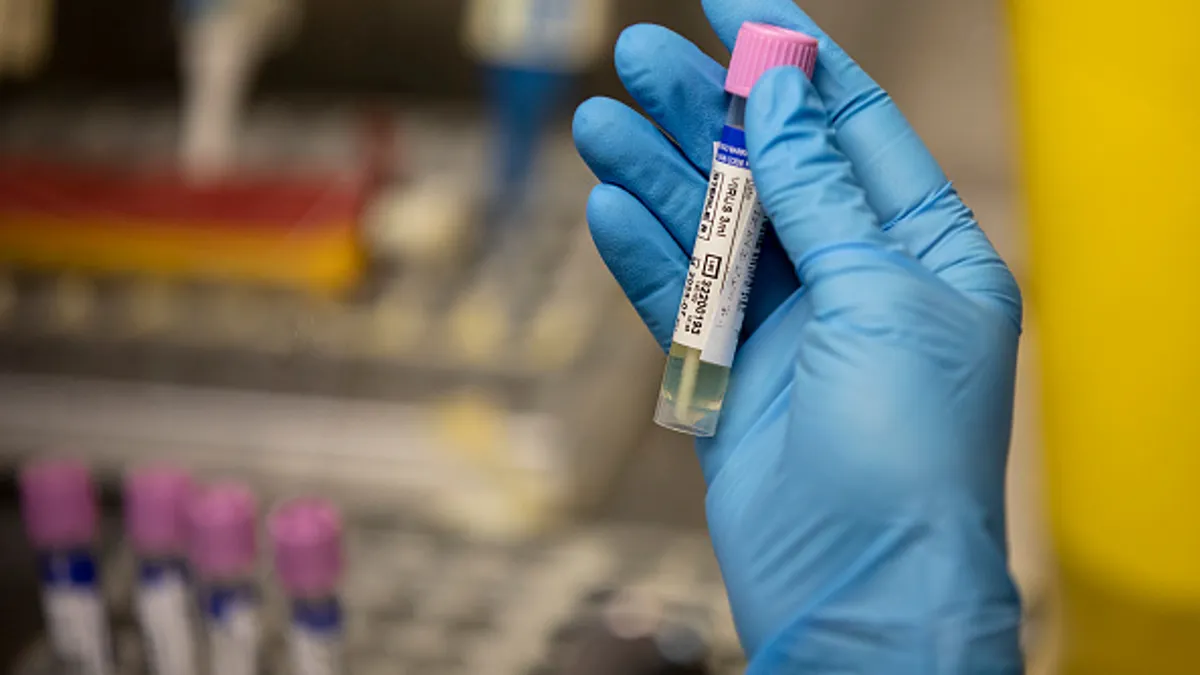The Biden administration has declared the monkeypox outbreak a public health emergency, with cases spreading across the country.
Xavier Becerra, secretary of the Department of Health and Human Services, made the announcement on a Thursday press call.
“We're prepared to take our response to the next level in addressing this virus, and we urge every American to take monkeypox seriously and to take responsibility to help us tackle this virus,” Becerra said. A public health emergency lasts for 90 days but can be extended by Becerra.
The U.S.’s testing capacity is now at about 80,000 tests per week, according to Becerra.
The announcement comes as monkeypox cases in the U.S. continue to rise. As of Aug. 3, there were 6,617 reported cases of monkeypox across the U.S., according to the Centers for Disease Control and Prevention. Only Montana and Wyoming had not reported any cases.
CDC Director Rochelle Walensky said on the call that in late May there were approximately 500 specimens tested per week. She said that number climbed to about 8,000 specimens per week for the week ending on July 29.
“The public health emergency further raises awareness about monkeypox, which will encourage clinicians to test for it,” Walensky said. “[The] CDC will continue our aggressive and comprehensive response to the current monkeypox outbreak. We will gather and share information about the outbreak and work with jurisdictions, healthcare providers [and] impacted communities to educate and make resources available.”
The number of monkeypox cases is expected to rise as testing capacity and numbers increase. Walensky said the emergency declaration will allow the Centers for Medicare and Medicaid Services authorities to provide the federal government with more detailed information about testing and hospitalizations.
HHS, through the CDC, has partnered with five diagnostic companies to increase testing capacity in the country: Labcorp, Quest Diagnostics, Mayo Clinic Laboratories, Sonic Healthcare and Aegis Science. All companies are now running tests.
“As testing has increased, our capacity for testing has increased and far outpaced the demand,” Walensky told reporters, adding that the U.S. is using only about 10% of its current testing capacity.
Quest said in an emailed statement that it can process 30,000 tests per week. The company did not disclose testing volumes, and it has not projected potential demand.













